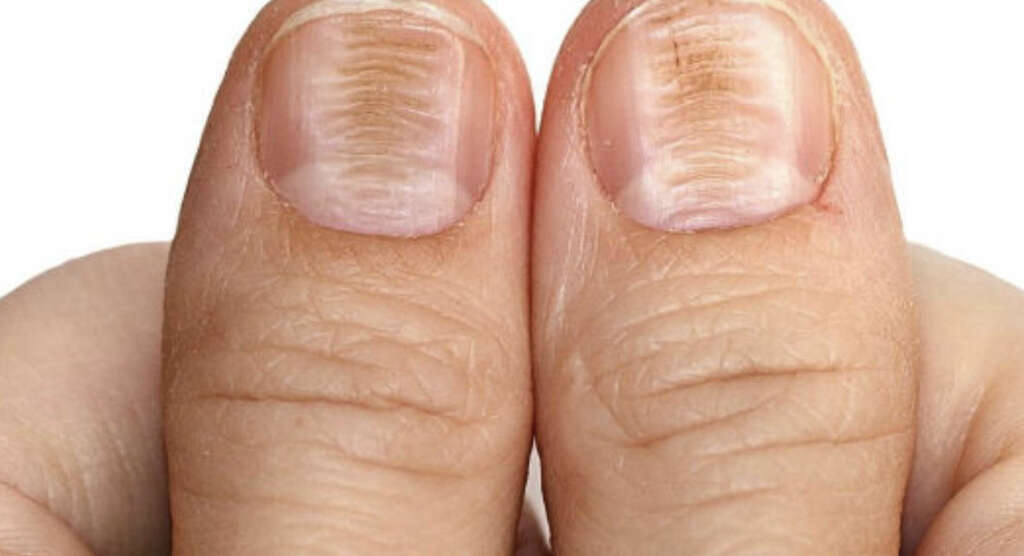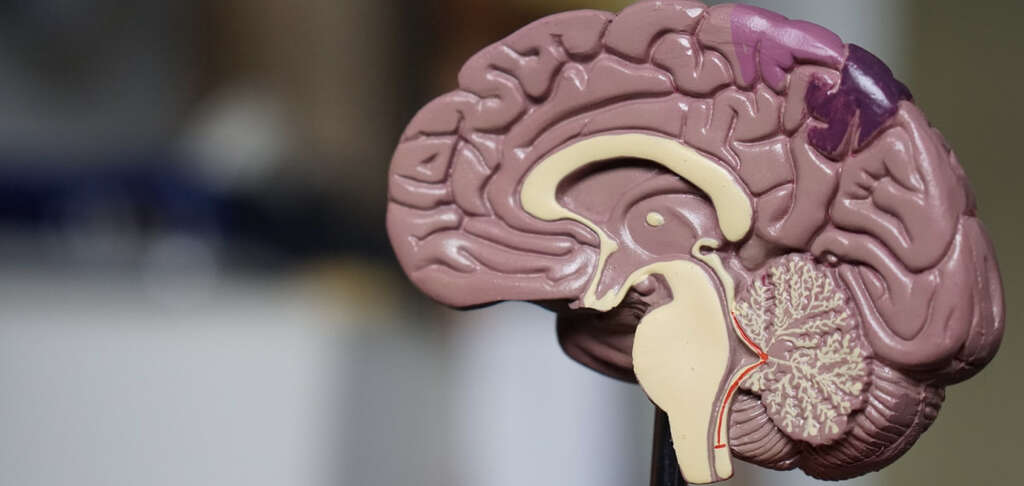What Is Beriberi?
When talking about health matters, what we eat is often at the forefront of the discussion. Eating too much or too little food can make us very ill, as can eating the wrong types of food. It is important that we eat a variety of foods to be sure we get a variety of nutrients. If we don’t, we might fall very ill indeed.
We need to be sure our food contains the right vitamins. These are substances that help our bodies to function in so many ways. One example of a vitamin that is important to us vitamin B-1, and it is found in a variety of foods including meats, fish, nuts, grains, beans and dairy products.

1. Vitamin B-1
Vitamin B-1, which is also known as thiamine, was the first B vitamin to be discovered. It is also very important to us. It is necessary for us because it allows us to use the carbohydrates we eat, allowing us to convert our food into energy. We get the vitamin from the food that we eat, while it can also be found in supplements.
While most of us will have little difficulty in getting the vitamins that we need, not everybody is so fortunate. Some people will develop a deficiency of vitamin B-1, and this can result in a number of unwelcome conditions. It can be life threatening but, thankfully, it is also fairly straightforward to treat.

2. Beriberi
Beriberi is the name given to a severe vitamin B-1 deficiency. It is a fairly rare condition in developed countries where most of the population have access to all the nutrition that they need. It does still occur in developed countries, however. When it does, it tends to be down to certain lifestyle choices.
The disease can also be caused ins some people that have certain medical conditions. The severity of the symptoms of beriberi are likely to be mild to begin with, gradually getting worse if it is left untreated. There are two main varieties of the condition, and the symptoms will vary according to which type the patient has.

3. Causes
As mentioned, beriberi is caused by a lack of vitamin B-1. In most cases, this will happen simply because the patient is not getting enough of the vitamin in their diet. In developed countries, foods are often fortified with various vitamins, including vitamin B-1, helping to ensure people get all that they need.
The condition can arise in heavy drinkers even in developed countries, however. Drinking a lot of alcohol will often mean the patient is not careful about their diet. Alcohol can also hinder the body’s ability to absorb the vitamin. Other medical conditions are also a contributing factor in some cases.

4. Wet Beriberi
There are two main types of beriberi, one of which is wet beriberi. This variety of the condition will affect the patient’s circulatory system, including their heart. This can cause various unwelcome symptoms for the patient, some of which have the potential to be dangerous.
Many patients with wet beriberi will have edema, which is the medical term for swelling due to the accumulation of fluids. In wet beriberi, this swelling will typically take place in the legs. Patients will also often wake up feeling short of breath, and they can also get out of breath easier than usual after exercise. The patient’s heart beat is also likely to be faster than usual.

5. Dry Beriberi
The other type of beriberi is known as dry beriberi and this variety will affect the nervous system. The condition will cause the patient’s nerves to slowly degenerate, resulting in some potentially very serious conditions. Patients with the condition with experience numbness or a tingling sensation in their hands and feet.
Other symptoms include vomiting and pain. The patient may also find that their eyes will move involuntarily, and they can also become easily confused. Dry beriberi will also sometimes cause the patient to develop difficulties speaking. A decrease in the functioning of the muscles is another symptom, and some will also become paralyzed.

6. Complications
One potential complication of beriberi is Korsakoff syndrome, which is where the part of the brain that forms memories is damaged. The syndrome can cause people to struggle to form new memories, and they may also lose some existing memories. The condition will also cause hallucinations in some cases.
Another potential complication is Wernicke encephalopathy. This condition causes damage to the hypothalamus and the thalamus. It can cause symptoms like double vision and rapid eye movement. It can also cause the patient to be easily confused, while memory loss is another potential symptom. Wernicke encephalopathy can also cause patients to lose their coordination.

7. Who Is at Risk?
Those most at risk are people that don’t have access to a healthy, balanced diet. This tends to mean people living in impoverished parts of the world. This includes young children that are reliant on nutrition from their mother’s milk, which itself might be lacking in the vitamin.
Other people at risk include people that abuse alcohol. Excessive Diarrhea is another potential cause, and pregnant women that vomit excessively are also at risk. Some genetic conditions can affect the body’s ability to absorb the vitamin, while people that have hyperthyroidism are also at a higher risk. Another high-risk group category is people that have AIDS.

8. Prevention
For most people, preventing beriberi is a matter of eating well. This includes not only getting enough food, but also getting a variety food. That way, you can be sure of getting enough vitamin B-1, and all the other vitamins and minerals that are so important to us. Supplements can help if needed to prevent the condition.
Mother’s should be sure to breast feed new born babies to help ensure they get all the vitamins and minerals they need. If they are unable to breast feed then they should be sure to use a good quality formula that provides all the nutrition that a baby needs. Limiting your alcohol consumption will also help to prevent beriberi.

9. Diagnosis
Diagnosing beriberi may start with your doctor asking questions about your lifestyle choices and your diet. They may also need to look into your medical history. If beriberi is suspected then tests will need to be performed in order to reach a diagnosis. This will include blood and urine tests.
If the body is having difficulty absorbing vitamin B-1 then there will be a high concentration of it in the urine. Blood tests will also help to look for low levels of the vitamin in the blood. A doctor will also look for signs like swelling and an irregular heartbeat. Exams might also be performed to help look for signs of a lack of coordination, poor reflexes, and other signs of neuropathy.

10. Treatment?
In the vast majority of cases, treatment for beriberi is straightforward. It is usually a matter of making sure the patient gets food with the right balance of vitamins, including vitamin-B. Vitamin supplements may be provided if necessary. An intravenous drip containing the vitamin may be used in the more severe cases.
People that abuse alcohol will need to at least limit how much they drink. For many, it will be necessary to stop drinking altogether, and expert assistance is available to help if needed. Other treatments may also be necessary according to other symptoms and complications that might be present.












